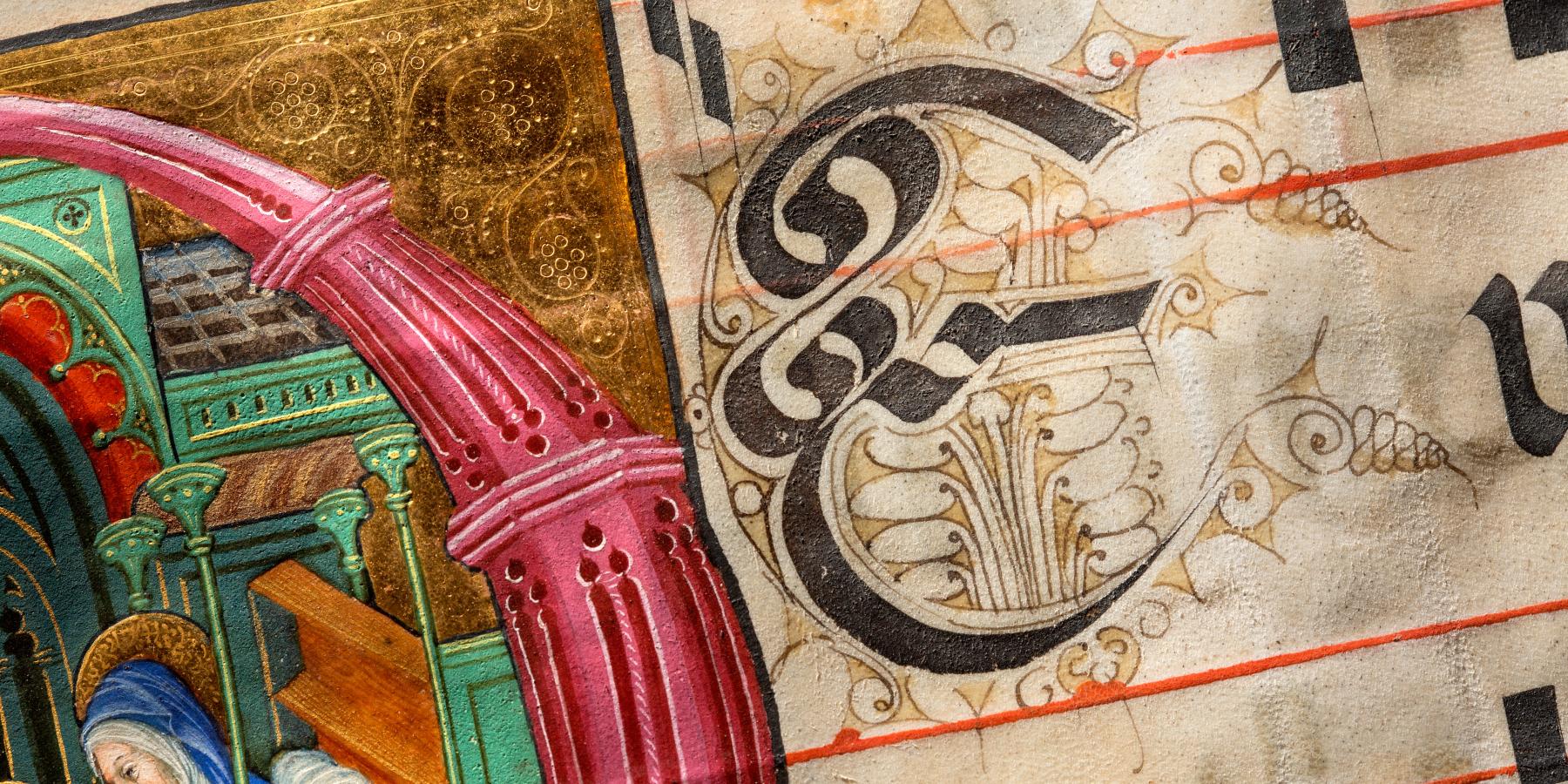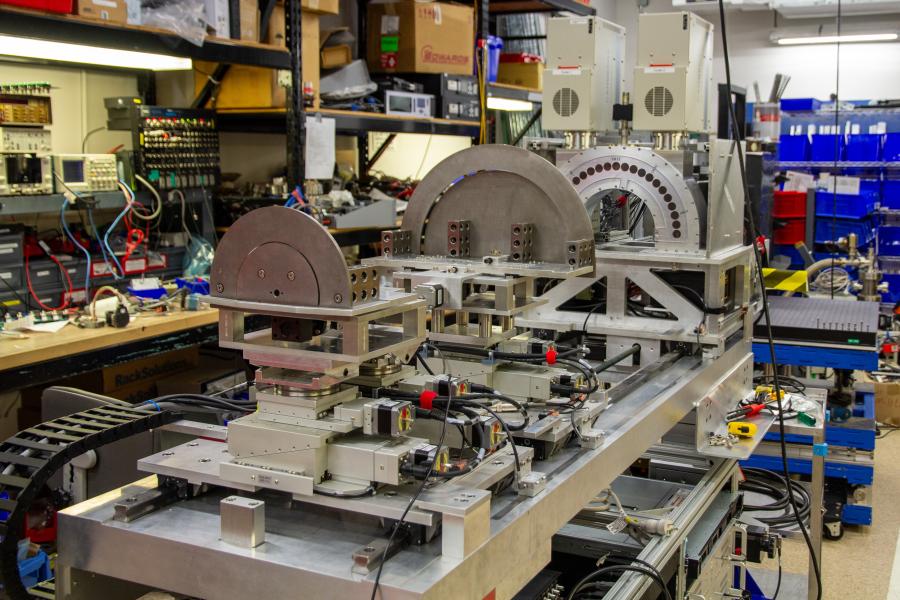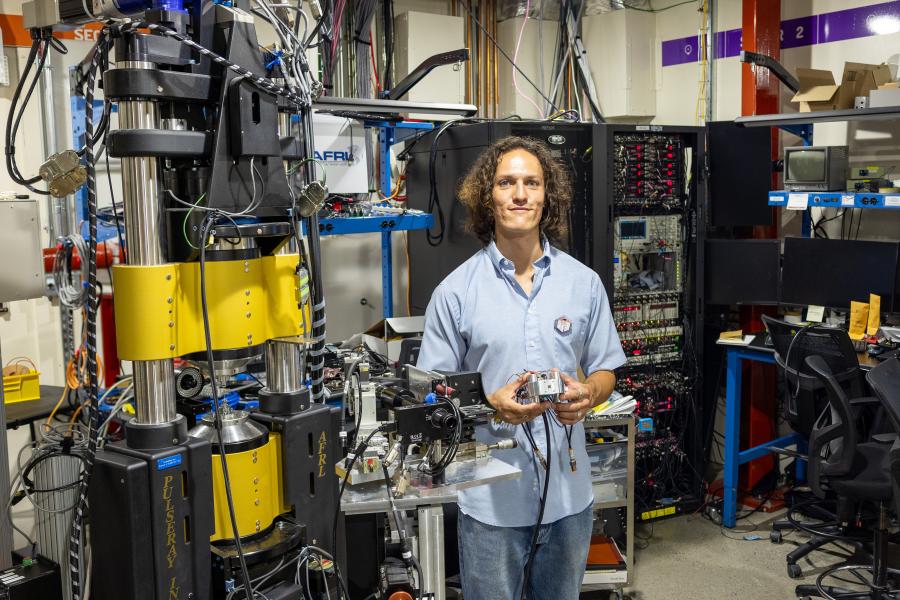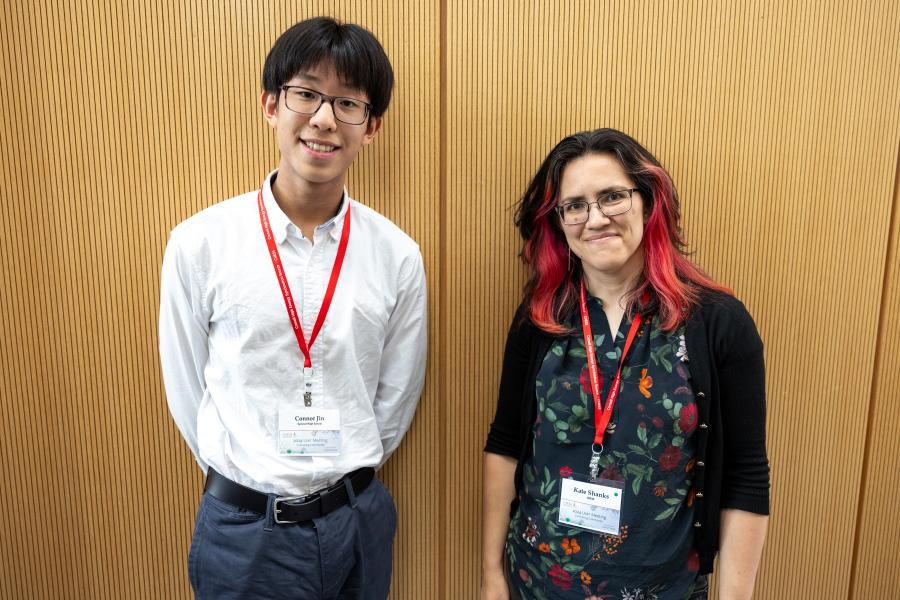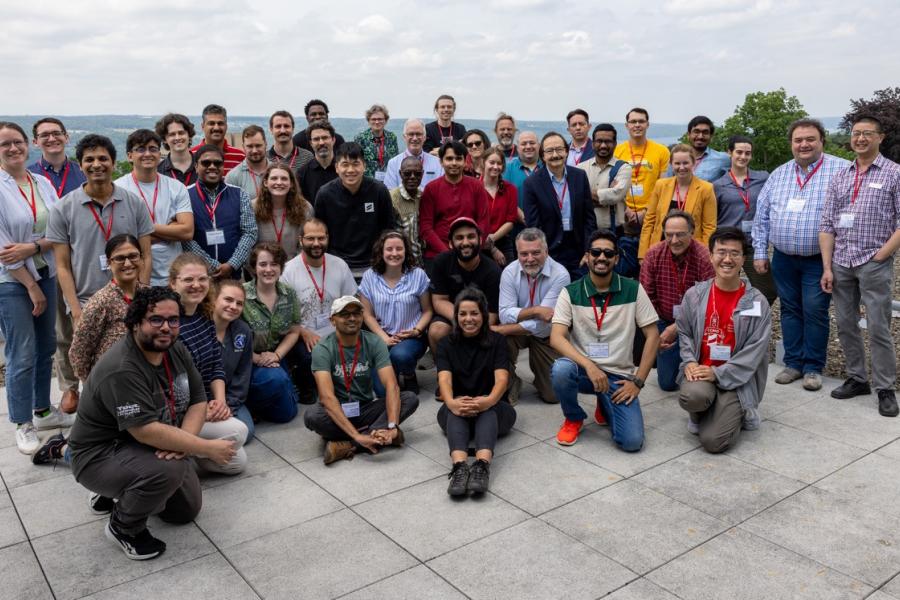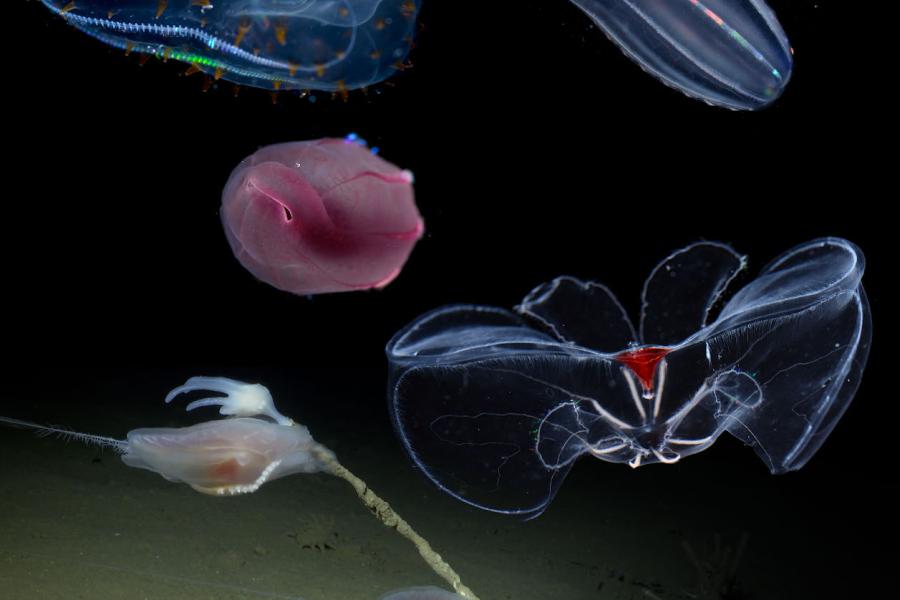Sidebar Menu (View Pages)
- Status
- ⌃ Science
-
⌃
Users
- What's the process? - Prospective User Guide
- User Guide
- Beamline Directory
- CHESS Deadlines
- X-Ray Run Schedule
- CHESS 2026_1 Updates
- Shipping
- ⌃ Safety
- Travel and Lodging
- Acknowledgments
- User Agreement
- CHESS Status Page
- ⌃ Technical Resources
- ⌃ Facilities
- ⌃ Public
- Industry
- ⌃ About
Tags
Featured
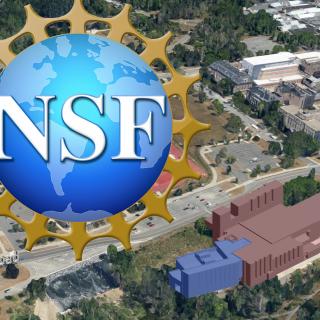
CHESS receives $32.6M from NSF for new X-ray beamline
The National Science Foundation has awarded the Cornell High Energy Synchrotron Source (CHESS) $32.6 million to build a High Magnetic Field (HMF) beamline, which will allow researchers to conduct precision X-ray studies of materials in persistent magnetic fields that exceed those available at any other synchrotron.
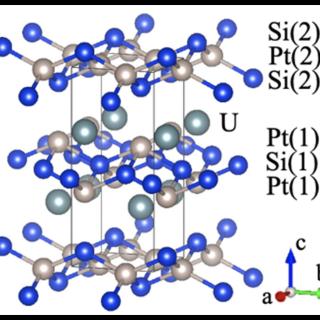
X-rays uncover “hidden” quantum states
Quantum materials research involves manipulating and measuring the collective quantum states of electrons in materials. The NSF-funded user facilities at CHESS and the National High Magnetic Field Laboratory (aka the MagLab) have long been important resources in this pursuit.
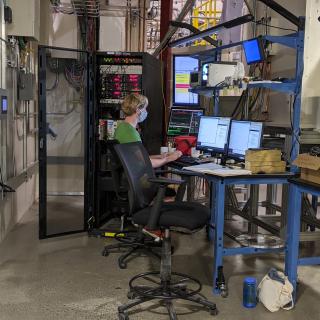
CHESS Restarts for Remote Research
The Cornell High Energy Synchrotron Source, CHESS, has reopened for researchers after a long shutdown due to CoVID-19. Users who typically travel from all over the world to perform research at CHESS are now able to study their samples by logging in remotely from their home institutions.
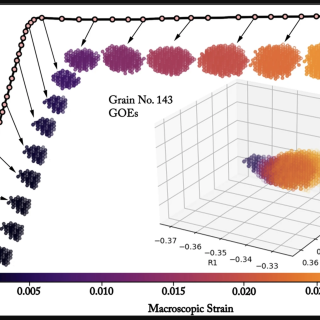
Miller Group Research Featured in Metallurgial and Materials Transactions 50th Anniversary Collection
Metallurgical and Materials Transactions is one of the main international journals in the field of structural materials. The journal invited a set of papers for their 50th anniversary edition, including one from Matthew Miller's group.
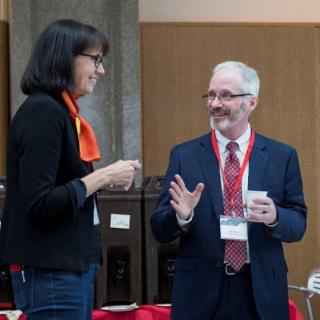
September 2020 Message from the Directors
Dear Colleagues,
At Cornell, the fall semester began on September 2nd with a hybrid approach to teaching (in-person and online), robust virus testing, and modifications to the academic calendar allowing students to return home for Thanksgiving and then finish the semester on-line. Cornell provides information on its web site related to COVID-19 and the status Cornell Ithaca campus.
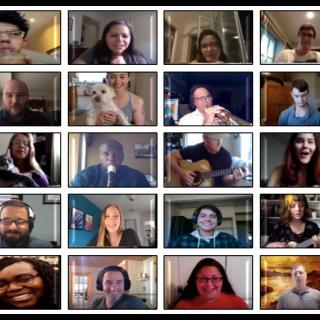
In-person or Online, Cornell’s Summer Research Internships Prove Successful
The COVID-19 pandemic halted plans to host annual on-campus summer research experiences for undergraduates from institutions across the U.S. and Puerto Rico. Cornell faculty, postdoctoral scholars, and graduate student mentors, however, quickly pulled together to shift course and move these programs online, allowing about 90 undergraduates to experience virtual research at Cornell.
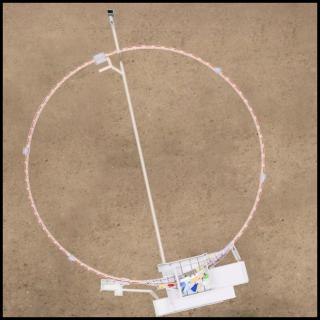
Minimizing Deviations: Improving Beam Stability at CHESS
Particle storage rings are highly complex scientific instruments and minute changes in temperature, position or current through one of its many magnets can have a large impact on the position of the particle beam. At CHESS, the accelerator group works tirelessly to even further improve the beam position stability and with that to enhance experimental capabilities at the beamlines.
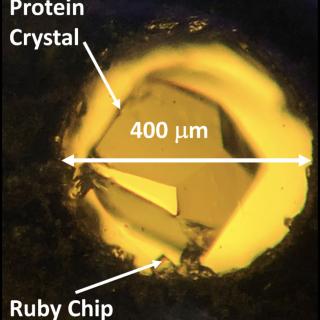
Biology Under Pressure: Beta-lactoglobulin survives under pressures as high as 9000 bar
To study how protein structures are impacted by external pressure a team of researchers developed a novel diamond anvil cell optimized for the study of macromolecules at external pressures up to 12kbar at the NSF, NIH and NY State supported FlexX beamline.
